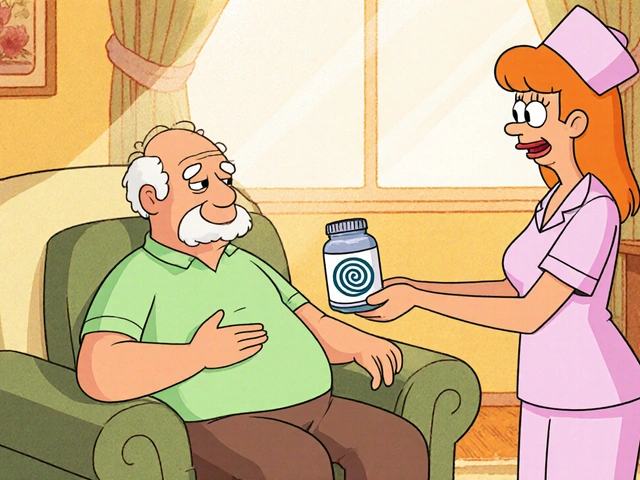Statin Substitutes: Practical Options to Keep Your Cholesterol in Check
If you’ve heard concerns about statins—muscle aches, liver worries, or simply wanting a different approach—you’re not alone. Many people look for cholesterol‑lowering options that fit their bodies and lifestyles better. Below we break down the most common statin alternatives, what they do, and when they might make sense for you.
Non‑Statin Medications That Really Work
Ezetimibe (Zetia) blocks cholesterol absorption right in your gut. It’s often paired with a low dose of a statin, but it can also stand alone when statins aren’t tolerated. You’ll notice modest drops in LDL, usually 15‑20%.
PCSK9 Inhibitors like alirocumab and evolocumab are injectable drugs that boost your liver’s ability to clear LDL from the blood. They’re pricey, but they can shave off 50‑60% of bad cholesterol—great for high‑risk patients who can’t use statins.
Bile Acid Sequestrants (cholestyramine, colesevelam) bind bile acids in the intestine, forcing your liver to pull more cholesterol out of the bloodstream. They’re cheap and work well with other meds, though they can cause constipation.
Niacin (Vitamin B3) raises HDL (“good”) cholesterol while lowering triglycerides and LDL. The effect on LDL is modest, but it’s handy if you need a triple‑action boost. Watch for flushing—taking aspirin beforehand helps.
Fibrates such as fenofibrate target high triglycerides and can raise HDL a bit. They’re not primary LDL reducers, but they complement other therapies when triglycerides are the main issue.
Lifestyle Tweaks That Boost Any Medication
No pill beats solid food choices. Swap out refined carbs for whole grains, add oily fish or plant‑based omega‑3 sources, and load up on soluble fiber (oats, beans, apples). Even a 5‑10% weight loss can shave LDL levels noticeably.
Exercise isn’t just about calories—regular aerobic activity improves cholesterol ratios and helps your body respond better to meds. Aim for at least 150 minutes of brisk walking or cycling each week.
Smoking and excess alcohol both raise bad cholesterol and lower good cholesterol. Cutting back can amplify the effect of any statin substitute you choose.
Finally, keep an eye on your lab results. Cholesterol numbers shift over time, especially when you switch meds or change habits. Talk to your doctor before stopping a statin; they’ll help you transition safely and monitor for side effects.
In short, there’s a toolbox of alternatives if statins aren’t right for you. Whether you pick ezetimibe, a PCSK9 inhibitor, or an older bile‑acid binder, combine the drug with solid diet and exercise habits to get the best heart‑health outcome.




